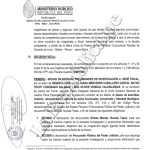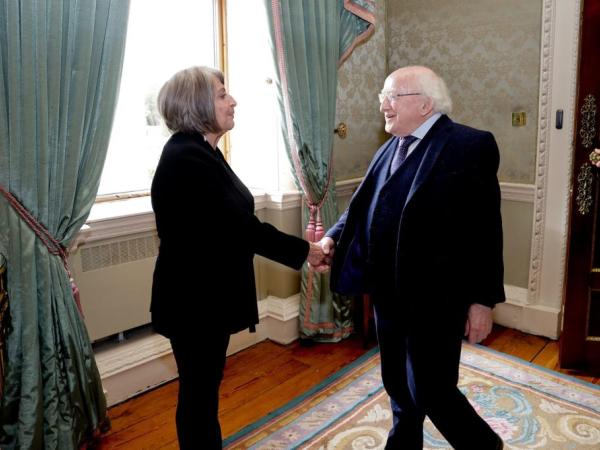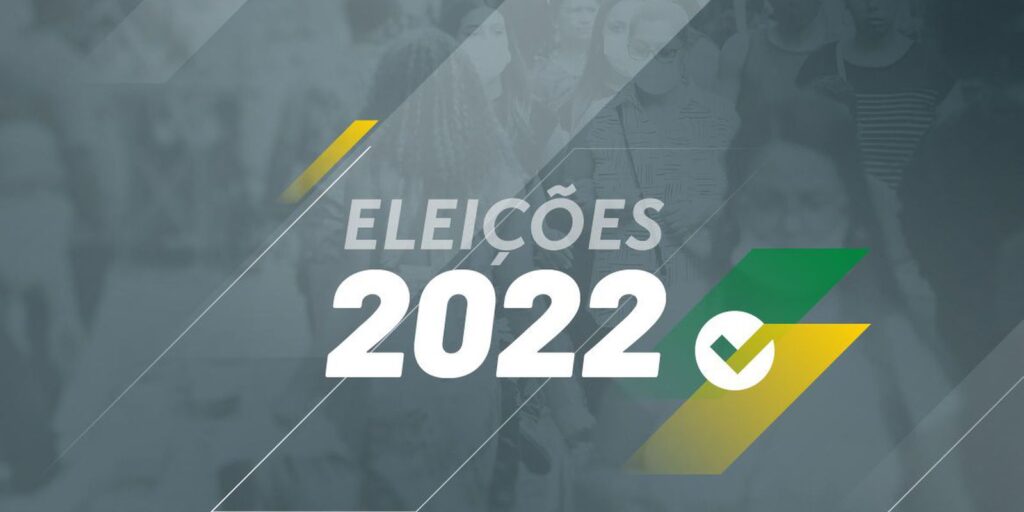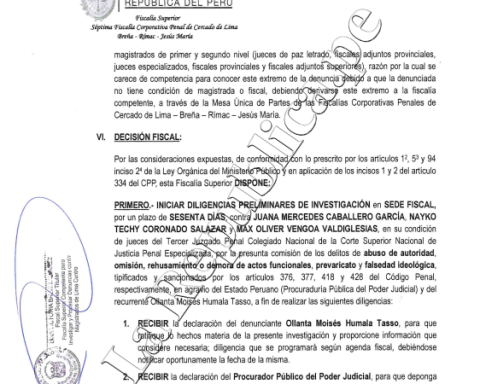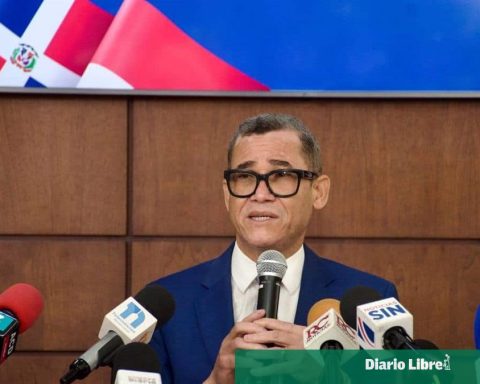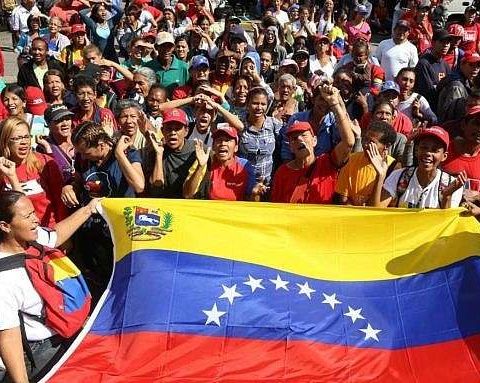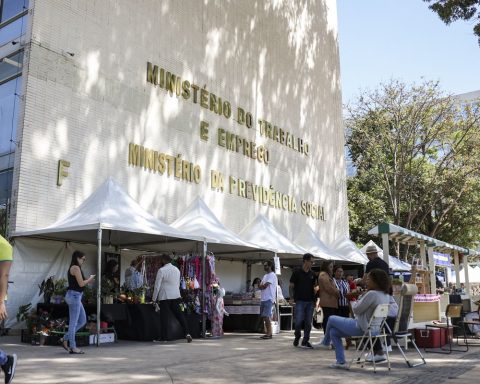In the text sent to the admirals and commodore of the naval high command, the important officer –the institution’s fifth seniority and who holds the position of director general of Navy Personnel– qualifies the human rights violations committed by nine former members of the Navy as “alleged facts that relate them to crimes that would have affected the human rights of civilians during the period of the Military Government.”

Vice Admiral Ramiro Navajas Santini.
In the aforementioned communication, in which the convicts are also identified by their military rank, Vice Admiral Navajas includes the entire naval high command, when he maintains that these aids “reinforce with greater vigor our unrestricted commitment to those former sailors who fully fulfilled their duty”. This “duty” fully fulfilled, according to the senior officer, is considered by the justice system to be crimes against humanity.
Thus, for example, the court determined that Corvette Captain Víctor Donoso Barrera participated in the crime of qualified kidnapping of Rudy Cárcamo Ruiz, for which he is sentenced to 5 years and 1 day; Non-commissioned officer Bernardo Daza Navarro, meanwhile, has been sentenced for the qualified homicides of Héctor Lepe Moraga, Miguel Ángel Catalán Febrero and Tránsito Cabrera Ortiz, and is serving a sentence of 10 years and 1 day; in the case of non-commissioned officer Juan Heraldo Maldonado Sanhueza, he was also sentenced for the qualified homicides of Héctor Lepe Moraga, Miguel Ángel Catalán Febrero and Tránsito Cabrera Ortiz to 10 years and 1 day; and non-commissioned officer José Manuel García Reyes, sentenced for aggravated kidnapping to 5 years and 1 day.
Among those referred to in the institutional mail is also Rear Admiral Aníbal Osses Novoa, sentenced to 5 years and 1 day for the qualified kidnapping of Fernando de la Cruz Olivares Mori; First Lieutenant Sergio Rivera Bozzo, sentenced to more than 13 years for the murder of José Matías Ñanco and for fraudulent check writing; in addition to the ship captains José Raúl Cáceres González and Hugo González D’Arcangeli, both sentenced for the qualified kidnapping in the Rudy Cárcamo case, to 5 years and one day, respectively.
A few days after sending the e-mail, Navajas receives a response from Alberto Ahrens Angulo, Rear Admiral Director of Operations and Joint Leadership of the Joint Chiefs of Staff, who tells him: “According to the discounts, happy to be able to cooperate.” With this response, the rear admiral endorses everything expressed by his hierarchical superior.
Court Martial and high command
According to various sources, Vice Admiral Navajas’ mail is particularly delicate, since in addition to being part of the five oldest members of the institution, he is a minister of the Illustrious Court Martial of the Navy, which is a court of second instance. Also part of this Court is another of the recipients of the mail, the Auditor General of the Navy, Rear Admiral Cristián Araya Escobar.
Of the 30 recipients, practically all are subordinates of Vice Admiral Navajas, who comes from a military tradition as the son of Vice Admiral Fernando Navajas, one of the people closest to the former member of the Military Junta, Admiral José Toribio Merino.
Another of the recipients of the aforementioned e-mail is Vice Admiral José Luis Fernández Morales, who was appointed as head of the Joint Chiefs of Staff, replacing Army General Guillermo Paiva, who had to resign due to the massive hacking of the that precisely this email emerged.
In addition, the chief of the General Staff of the Navy, Vice Admiral Yerko Marcic Conley, appears receiving the email; the Commander of Naval Operations, Vice Admiral Alberto Soto Valenzuela; the General Director of the Maritime Territory and the Merchant Navy, Vice Admiral Carlos Huber Vio; the General Director of the Navy Services, Vice Admiral Pablo Niemann Figari; Rear Admiral Cristián Araya Escobar and the Commander in Chief of the First Naval Zone, Rear Admiral Fernando Cabrera Salazar.
Navy sources acknowledge that the mail is unfortunate and may present a personal opinion, but they rule out that in any way this represents a seditious attitude of the institution, as well as highlighting that it is unknown if Navajas received any kind of reprimand from a superior hierarchical






